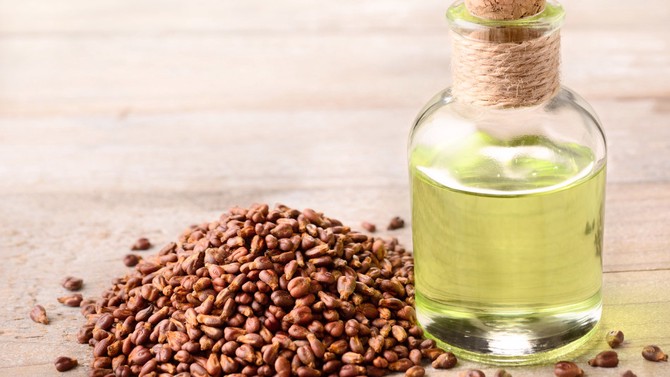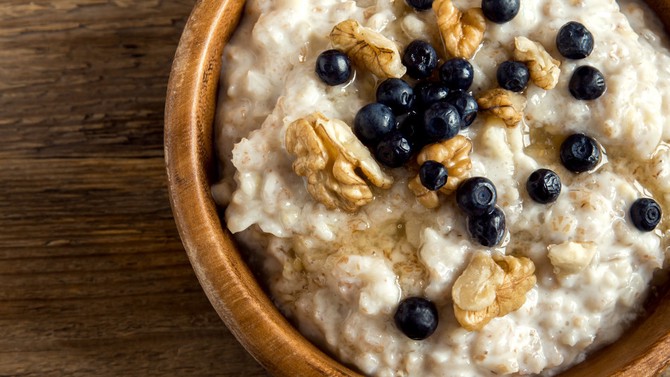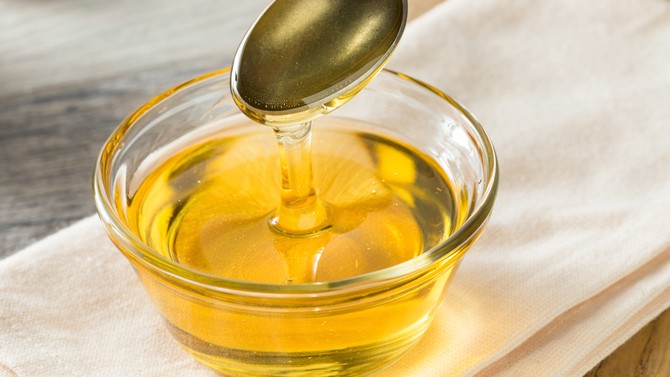Surprising Foods That Worsen Inflammation
Inflammation is linked to heart disease, Alzheimer's and other chronic issues—and if you're looking to lower your levels, you may try cutting back on these ingredients.
By Lynn Andriani

Photo: iStock/Amy_Lv
An Alternative Cooking Oil
The high smoke point of grapeseed oil makes it fantastic for frying foods quickly. However, the oil contains omega-6 fatty acids, which, when it comes to inflammation aren't nearly as good for you as the omega-3s found in olive oil and canola oil. We're not saying you need to stop cooking with grapeseed oil entirely, but you'll want to use it in moderation.

Photo: iStock/Mizina
The Morning Shortcut
Instant oatmeal is convenient, but if you can get into the habit of making overnight oats (with old-fashioned rolled oats), you'll be able to enjoy a breakfast that's just as easy, but better for you. The instant variety—which is heavily processed—is a high-glycemic-index food, which leads to blood sugar spikes and the body's release of pro-inflammatory substances.

Photo: iStock/MSPhotographic
The Easy Afternoon Snack
If you're a cheese lover, no need to cut your cheddar or Gouda habit out completely. But keep in mind that the saturated fat in many cheeses can contribute to inflammation)—and the American Heart Association recommends that foods with saturated fat should account for just 5 to 6 percent of your daily calories. Or, consider switching to Swiss cheese; one study found the probiotics in this variety could decrease inflammation.

Photo: iStock/bhofack2
The Sugar "Substitute"
Yes, agave is low on the glycemic index (unlike the instant oatmeal mentioned earlier)—but it can contain up to 90 percent fructose, which has been linked to inflammation, so use it sparingly. You could also try swapping in cinnamon for some hot drinks; it has a sweet flavor but can actually help reduce inflammation.
Published 05/04/2018

